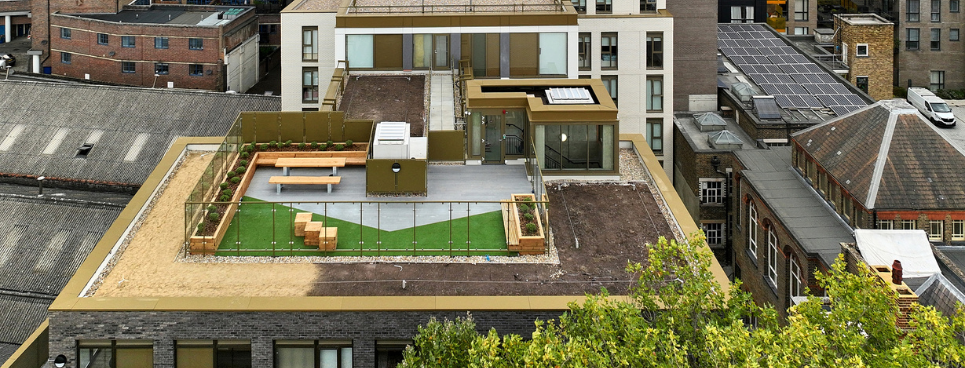News flash! Host Shortlisted for Three Prestigious GSL (Global Student Living) Awards 2025 and Retains Platinum Operator Certification
ROOMS SELLING FAST Find your new home for September

We’re right in the middle of 2020’s Fairtrade Fortnight. The two-week campaign takes place between the 24th February and 8th March.
For two weeks each year thousands of individuals, companies and groups across the UK come together. They come together to share the stories of the people who grow our food , our drinks and the cotton to produce our clothes. However, these people are often exploited and underpaid for the rest of the world to purchase our goods as cheaply as possible.
The Fairtrade Foundation describe Fairtrade as… “Fairtrade is about better prices, decent working conditions, local sustainability, and fair terms of trade for farmers and workers in the developing world”.
Fairtrade and Fairtrade Fortnight is all about requiring manufacturing companies to pay sustainable prices for the raw goods they purchase. In doing so Fairtrade addresses “the injustices of conventional trade, which traditionally discriminates against the poorest, weakest produces”.
Above all, sustainable prices enable the producers to improve their position and have more control over their lives.
 The 2020 Fairtrade Fortnight campaign is called She Deserves Fairtrade. 21% of all farmers and workers in Fairtrade are women. The 2020 campaign is centred around cocoa farmers and the call for cocoa farmers to earn a living incoming.
The 2020 Fairtrade Fortnight campaign is called She Deserves Fairtrade. 21% of all farmers and workers in Fairtrade are women. The 2020 campaign is centred around cocoa farmers and the call for cocoa farmers to earn a living incoming.
On average a cocoa farmer in Ghana, (where 60% of all cocoa is grown), earns just 75p a day. The living incoming should be around £1.96 a day. By earning the living income a farmer will be able to:
A living income will also provide farmers with access to the Fairtrade standards.
Price: Setting a minimum price which drives change and provides farmers and workers with a safety net from having to sell their crops at a low unsustainable price.
Premium: On top of the price farmers and workers receive for their crops, they receive an extra sum of money (Fairtrade Premium) to invest in improving the quality of their lives. Cocoa farmers receive an extra $200 per tonne of cocoa beans they sell to use in their community to improve the lives of everyone living there.
Women’s empowerment: Fairtrade supports more women cocoa farmers to take the lead on the cocoa farms alongside men. The Fairtrade Foundation works to ensure that women have a voice in their community. Are represented in the decision-making process. As a result everyone benefits from the Fairtrade campaign.
Environment: Fairtrade also works to protect the wider environment. While you can’t protect the planet without protecting its people first, Fairtrade Standards support farmers to protect the environment. Alongside this work the Fairtrade Premium also allows farmers to invest in adapting to the changing climate.
 Let’s break it down into the four key benefits of buying Fairtrade products:
Let’s break it down into the four key benefits of buying Fairtrade products:
In conclusion, by buying Fairtrade you help the workers, their community and the wider environment.
Get Fairtrade baking… download the Fairtrade Foundation Recipe book.
To become more ‘environmentally friendly’, Host is launching the #HostEnvironmentalPledge campaign to encourage responsible behaviour and drive sustainability across our sites throughout the UK and Ireland.
It’s a simple campaign! For every percent we reduce our overall utilities (electric, water and gas) consumption by we donate to one of our nominated charities.
Show me all newsAs the academic year winds down, many students start packing their bags and heading home for a much-needed break. But what if you stayed in your university town or city instead? Picking up a summer job where you study can be a game-changer - not just for your bank balance, but also for your personal growth and career prospects. Here's why staying local this summer might be one of your smartest moves yet, along with practical tips to make the most of it.
Choosing where to live during your studies in London is about more than just finding a place to sleep - it’s about finding a supportive, safe, and enriching environment that enhances your university experience. Here's why thousands of students choose Host as their student accommodation provider in London every year.



